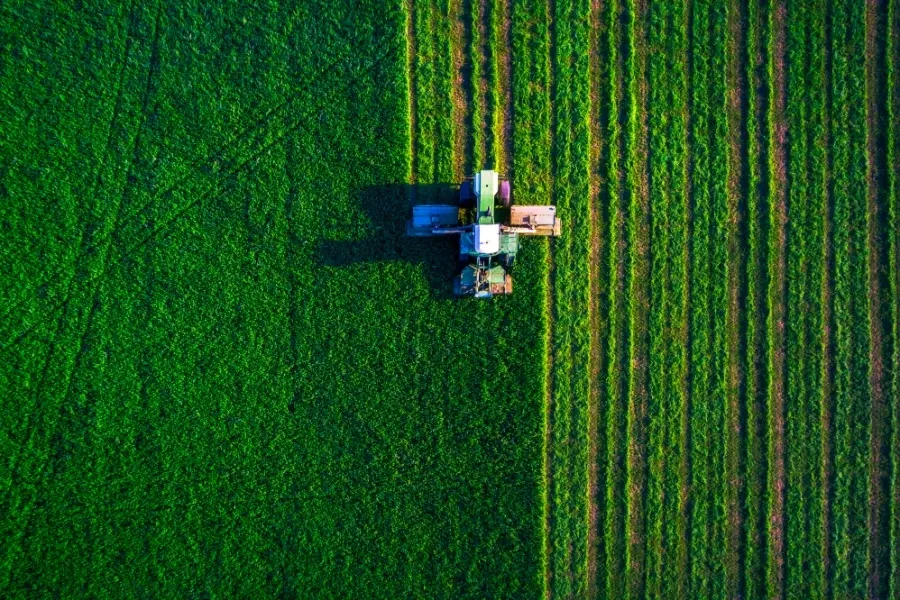CEOs Believe Their Executive Teams Lacks AI Savviness
Only 44% of CIOs are deemed by their CEOs to be “AI-savvy”, according to a survey by Gartner.

Beecham Research has launched a new report highlighting the importance of harnessing new technologies to address the need for sustainable food production to support the current rate of population growth. It examines the roles of the many suppliers including technology providers and farm equipment suppliers, as well as the programmes and test beds that are influencing government policies.
It also offers detailed insights into the future of smart farming for strategic and technology planning relevant for mobile network operators, other connectivity providers, sensor manufacturers and software developers specialising in agricultural solutions. The report also examines supply chains and food traceability so will also be of interest to logistics providers, cold chain suppliers and supermarkets.
“The United Nations Food and Agriculture Program has noted that global production of food, feed and fiber will need to increase by 70 percent by 2050 to meet the demands of a growing global population,“ said Saverio Romeo, Principal Analyst at Beecham Research and co-author of a new report, “This means that, to optimise crop yields and reduce waste, the agriculture and farming industries will need to rely heavily on IoT and M2M technologies moving forward. GPS services, sensors and big data, will all become essential farming tools in the coming years and are clearly set to revolutionise agriculture,“ added Romeo.
All this innovation goes under the generic name of precision agriculture, and the results can be game-changing. Greater precision leads to higher yields from the same or smaller resources, creating environmental sustainability. It also allows for much more reliable production and yields, which in turn enables greater management of demand. Although cost, unpredictable weather events and a demanding and changing legislative environment are some of the challenges facing agriculture, on the other hand economic, business and technological factors are driving adoption of smart farming.
The report also identifies some of the main challenges and activities where smart farming will have the most impact including: fleet management of farm vehicles, arable farming, monitoring livestock, indoor farming and greenhouses, fish farming, forestry, storage and water monitoring. Beecham Research also sees sensor-based technologies and decision support systems playing a vital role in the postharvest supply chain. This includes the detection of food fraud, dealing with bacterial and other contamination, mitigating spoilage and food waste, cold chain monitoring and meeting the growing need for traceability from farm to the consumer.